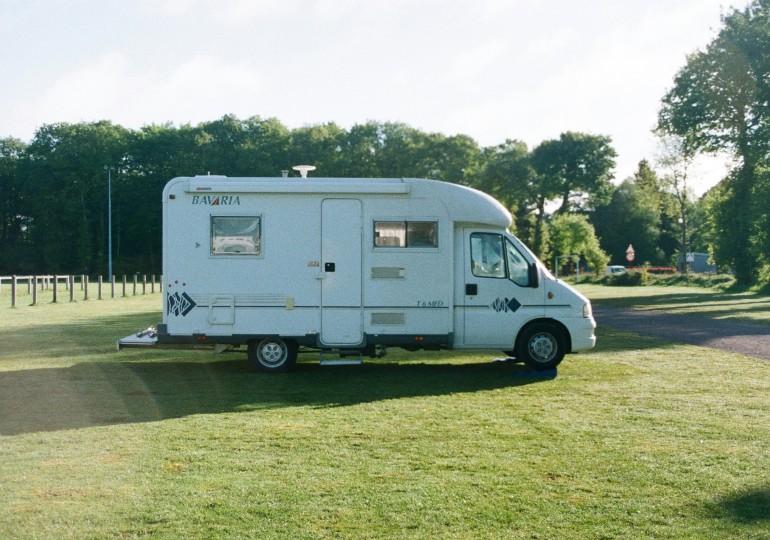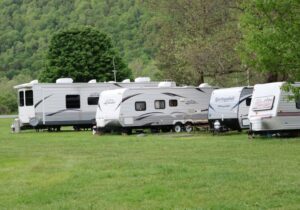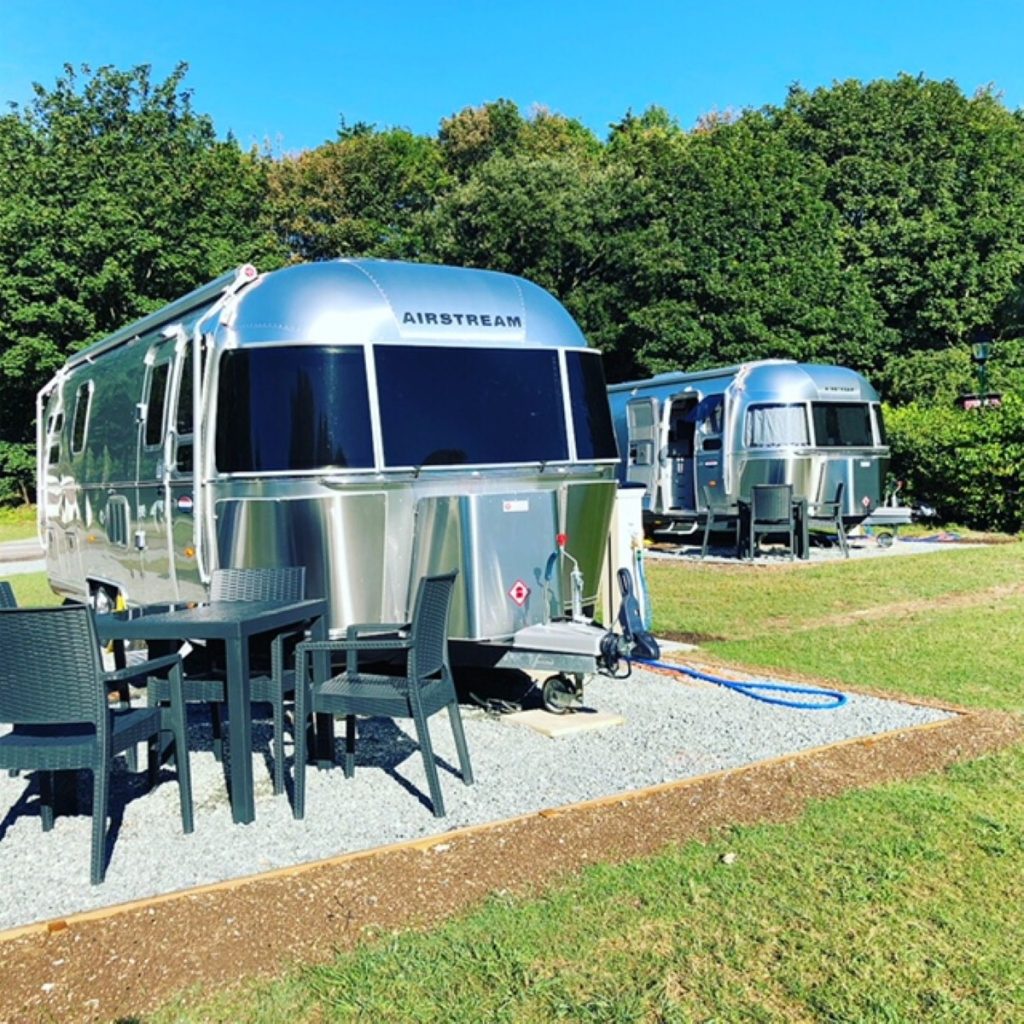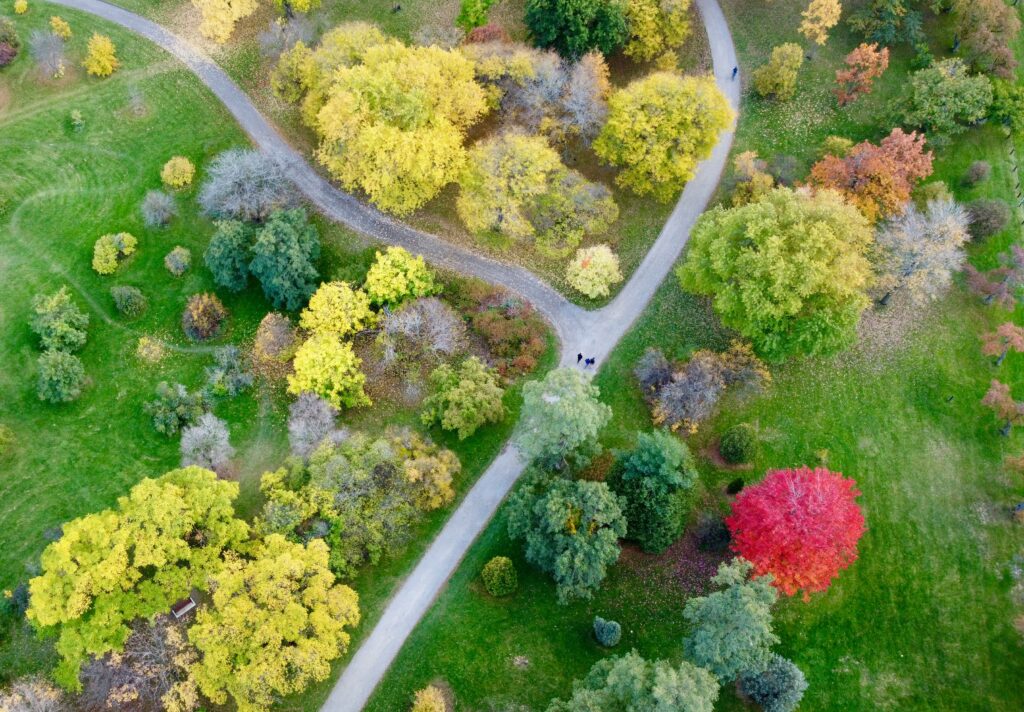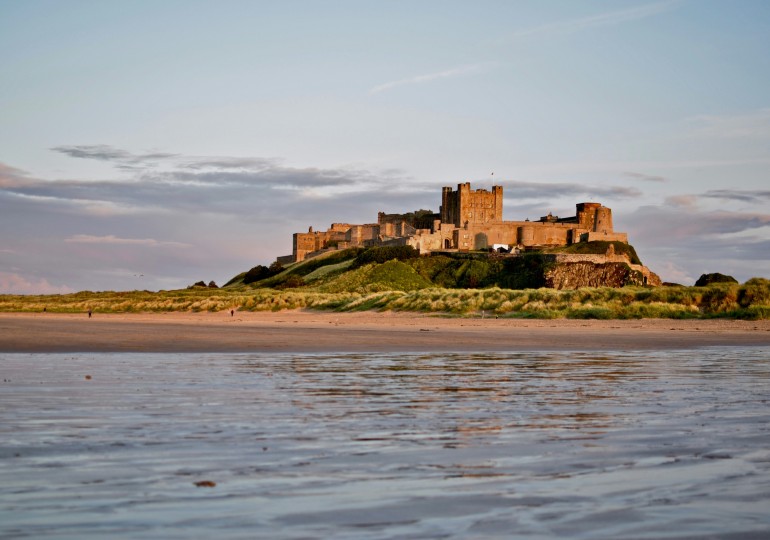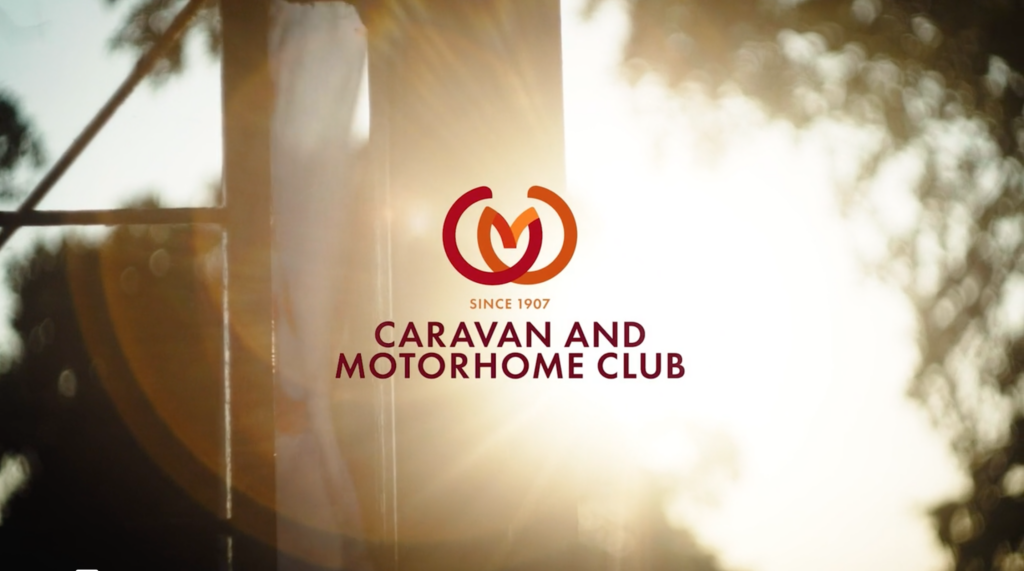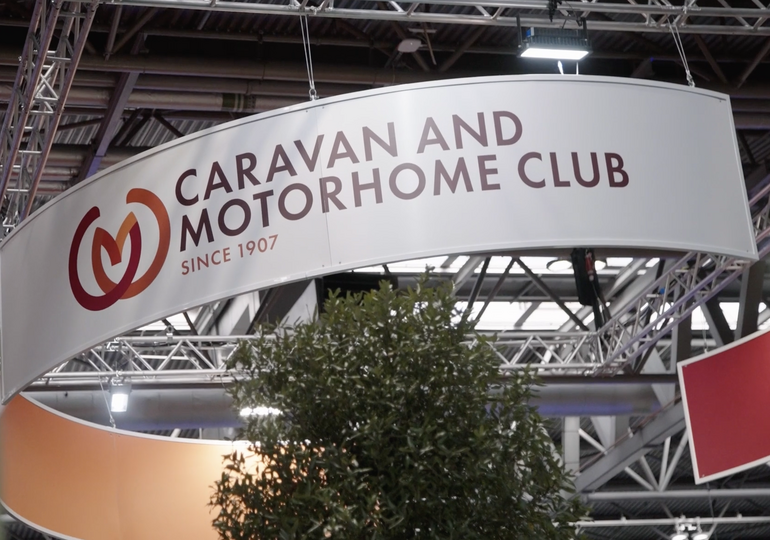by Ed Davies
A Lancashire caravan park is attempting to rejuvenate Britain’s dwindling bee population by hiving off a large section of its dog exercise field and replacing it with wild flowers
Earlier this year, Moss Wood, in the village of Cockerham, replaced a 3,000 square foot dog exercise field with wild flowers, in what it calls its ‘bee buffet’.
Within the field, bee “glamping pods” have also been installed, which take the form of hardwood logs bored with hundreds of tiny tunnels.
Each flower was specifically chosen for their high pollen-bearing blooms and are now providing the much-needed nectar to help sustain honey bees over the winter.
“Wild flowers are far less abundant than they once were,” said park director Henry Wild. “The use of pesticides is blamed by some experts for reducing the food resources for pollinators like bees.
“Our holidaymakers have been extremely impressed at the speed with which our flower bank has grown since it was seeded at the start of the year.
“Some have also been asking how they can create a similar bee buffet in their own gardens, and we have been giving advice as to the best varieties to sow.”
The family-owned park has run many initiatives to protect the natural environment, which have once again landed it with the prestigious David Bellamy Conservation Award at its top gold level.
Moss Wood’s latest bee-friendly move was made in response to a call by professor Bellamy for parks to step-up their work to protect the beleaguered insects.
“Positioned in hideaway locations throughout the grounds they provide perfect homes in which solitary bees can make cells of nests for their larvae,” he added.
“We are also inviting guests to help themselves to the seeds which many of our varieties produce at the end of summer, and to sow them next spring.”
Moss Wood was established by the Wild family over 40 years ago, provides around 200 pitches for holiday homes, touring caravans and motorhomes.








